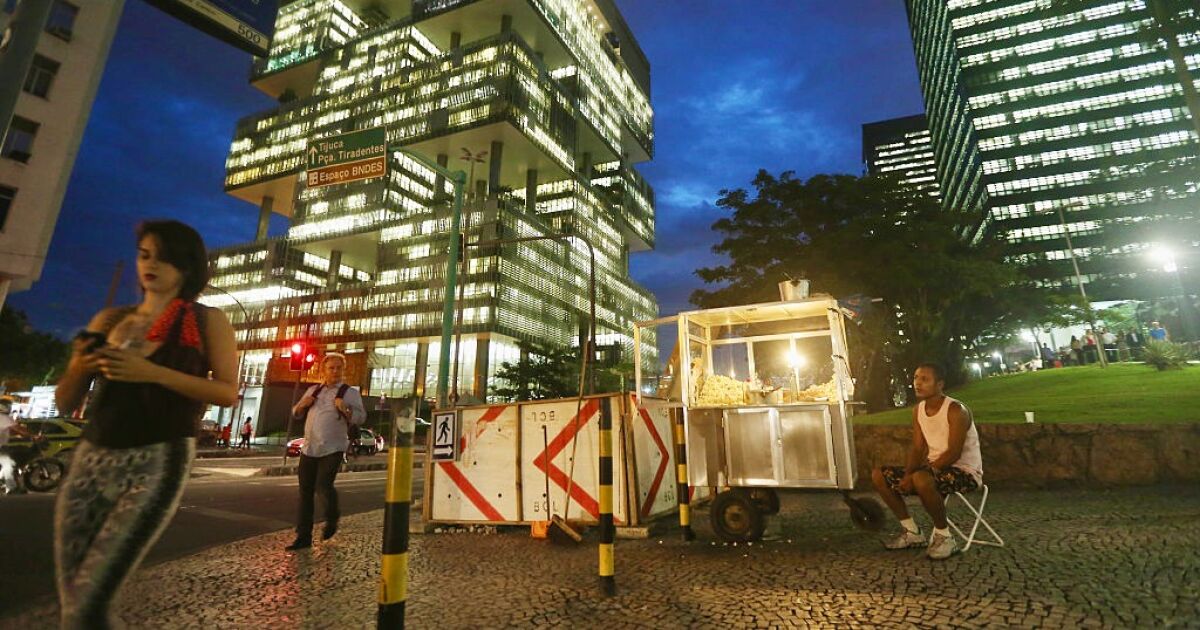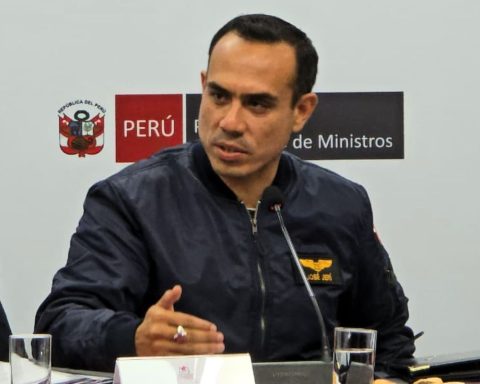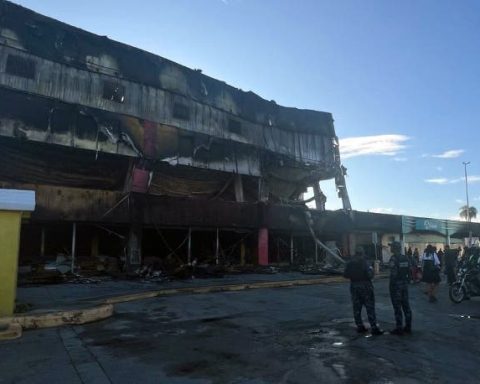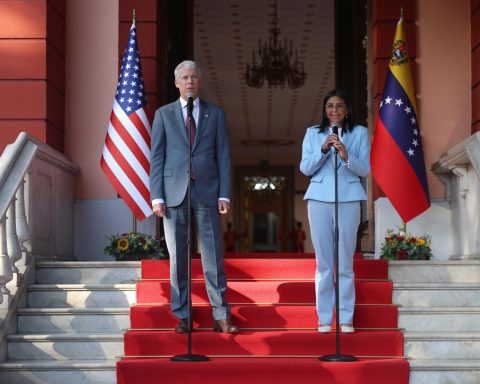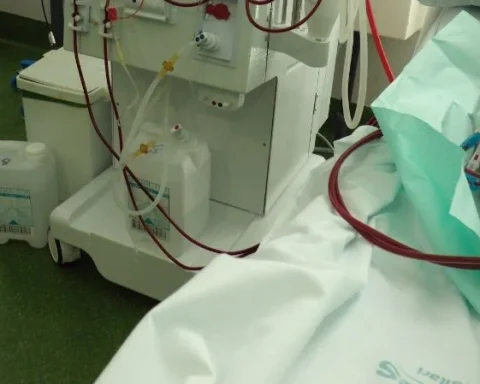But it is not a monolithic region. “The Caribbean and Central America are better than the world average,” he added.
In its annual report for the region released this Friday during the IMF and World Bank meetings in Washington, the international financial organization forecasts economic growth of 2.1% in 2024, and 2.5% in 2025.
By country, the fund forecasts an expansion for Brazil of 3%, Mexico 1.5%, Bolivia 1.6%, Colombia 1.6%, Ecuador 0.3%, Chile 2.5%, Paraguay 3.8%, Peru 3%, Uruguay 3.2%, Venezuela 3%, Costa Rica 4%, El Salvador 3%, Guatemala 3.5%, Honduras 3.6%, Nicaragua 4%, Panama 2.5% and Dominican Republic 5.1%.
Argentina’s economy, which must pay off a $44 billion loan with the Fund, will contract 3.5%.
Caribbean countries dependent on tourism will progress 2.8% and non-dependent ones 16.5%.
Inflation
Inflation has fallen considerably and is close to the target.
Forecasts vary between countries: Mexico 4.5%, Bolivia 6%, Brazil 4.3%, Chile 4.5%, Colombia 5.7%, Ecuador 2.8%, Paraguay 4%, Peru 2.4%, Uruguay 5.4%, Costa Rica 0.9%, El Salvador 2 %, Guatemala 4%, Honduras 4.7%, Nicaragua 4.8%, Panama 1.3% and Dominican Republic 3.7%.
Inflation will end the year skyrocketing in two countries: Venezuela, with a 60% rise in prices, and Argentina, with 140%, and then fall to 45% in 2025.
During the first half of 2024, Argentine authorities have achieved the first fiscal surplus in 16 years, have rebuilt reserves and have reduced inflation faster than expected, recalls the Fund.
“Signs of economic stabilization are emerging” in Argentina but “the pace of recovery remains uncertain and unequal between sectors,” he adds.
Despite global geopolitical tensions, the region’s trade flows have not changed.
The United States remains the main export destination, with a roughly stable share of around half of all goods exported from Brazil, Chile, Colombia, Paraguay, Peru and Uruguay. The volume is 80% in the case of Mexico.
Meanwhile, the trade relationship with China has gone from 10% of total exchanges before 2017 to around 15% in recent years.
“Rebuild mattresses”
At the regional level, the IMF recommends “moving forward without delay” with fiscal consolidation to “rebuild (reserve) buffers while protecting priority public investment and social spending.”
In the medium term, regional growth will remain at “its low historical average” due to unresolved issues, such as low investment and productivity, and demographic changes.
The IMF is worried. “The ongoing reform agenda is weak and could lead to a vicious cycle of low growth, social unrest and populist policies,” he warns.
To prevent this, he proposes promoting all the engines of growth, which implies improving management, with more effective governments that combat crime, increasing international trade and public investment, without forgetting “policies to address climate change.”
